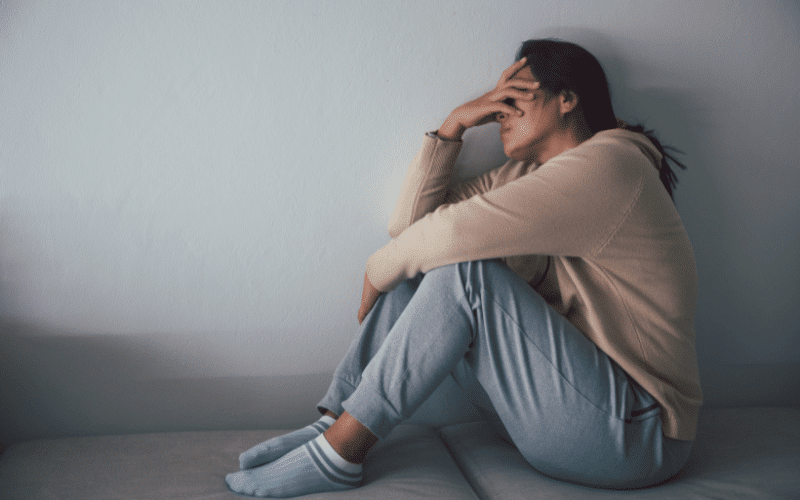FAQs about Depression in Women

1. What causes depression in women?
Depression in women can be caused by a combination of genetic, biological, psychological, and environmental factors. Hormonal changes, such as those experienced during menstruation, pregnancy, and menopause, can contribute to depression in women. Additionally, stress, trauma, and certain medical conditions can also increase the risk of developing depression.
2. How is depression in women diagnosed?
Depression in women is diagnosed through a comprehensive evaluation conducted by a mental health professional. This evaluation may involve a discussion of symptoms, personal and family medical history, and a thorough assessment of emotional and psychological well-being. In some cases, additional tests may be conducted to rule out other medical conditions.
3. What is the difference between depression in women and men?
While both men and women can experience depression, there are some differences in symptoms and risk factors. Women are more likely to experience symptoms such as feelings of guilt, worthlessness, and excessive fatigue. Hormonal changes unique to women, such as those during menstruation, pregnancy, and menopause, can also contribute to the development of depression.
4. Can depression in women be treated?
Yes, depression in women can be effectively treated with a combination of therapy, medication, and lifestyle changes. Treatment plans should be tailored to the individual’s needs and may involve cognitive-behavioral therapy, antidepressant medication, and strategies for improving sleep, nutrition, and physical activity.
5. How can I support a woman experiencing depression?
Supporting a woman experiencing depression involves providing emotional support, understanding, and encouragement. Encourage her to seek help from a mental health professional and offer to accompany her to appointments if needed. Be patient, listen without judgment, and offer reassurance that recovery is possible. Additionally, help her maintain social connections and engage in activities that promote mental well-being.
Conclusion: Recognizing and Addressing the Top 15 Signs of Depression in Women
In conclusion, identifying and understanding the top 15 signs of depression in women is crucial for early intervention and effective treatment. These signs include persistent sadness, loss of interest, changes in appetite and weight, sleep disturbances, fatigue, feelings of worthlessness, difficulty concentrating, physical symptoms, irritability, social withdrawal, frequent crying spells, anxiety, suicidal thoughts, indecisiveness, and increased sensitivity to rejection.
By acknowledging these symptoms, women and their loved ones can take the necessary steps to seek help from mental health professionals. A combination of therapy, medication, and lifestyle changes can effectively address depression, helping women regain their mental wellness and live more fulfilling lives.
Support from friends, family, and mental health professionals plays a vital role in recovery. Encouraging open communication, offering emotional support, and fostering social connections can make a significant difference in a woman’s journey to overcome depression.
Ultimately, recognizing the top 15 signs of depression in women is the first step toward healing. With the right support and resources, recovery is possible, and a brighter future awaits.